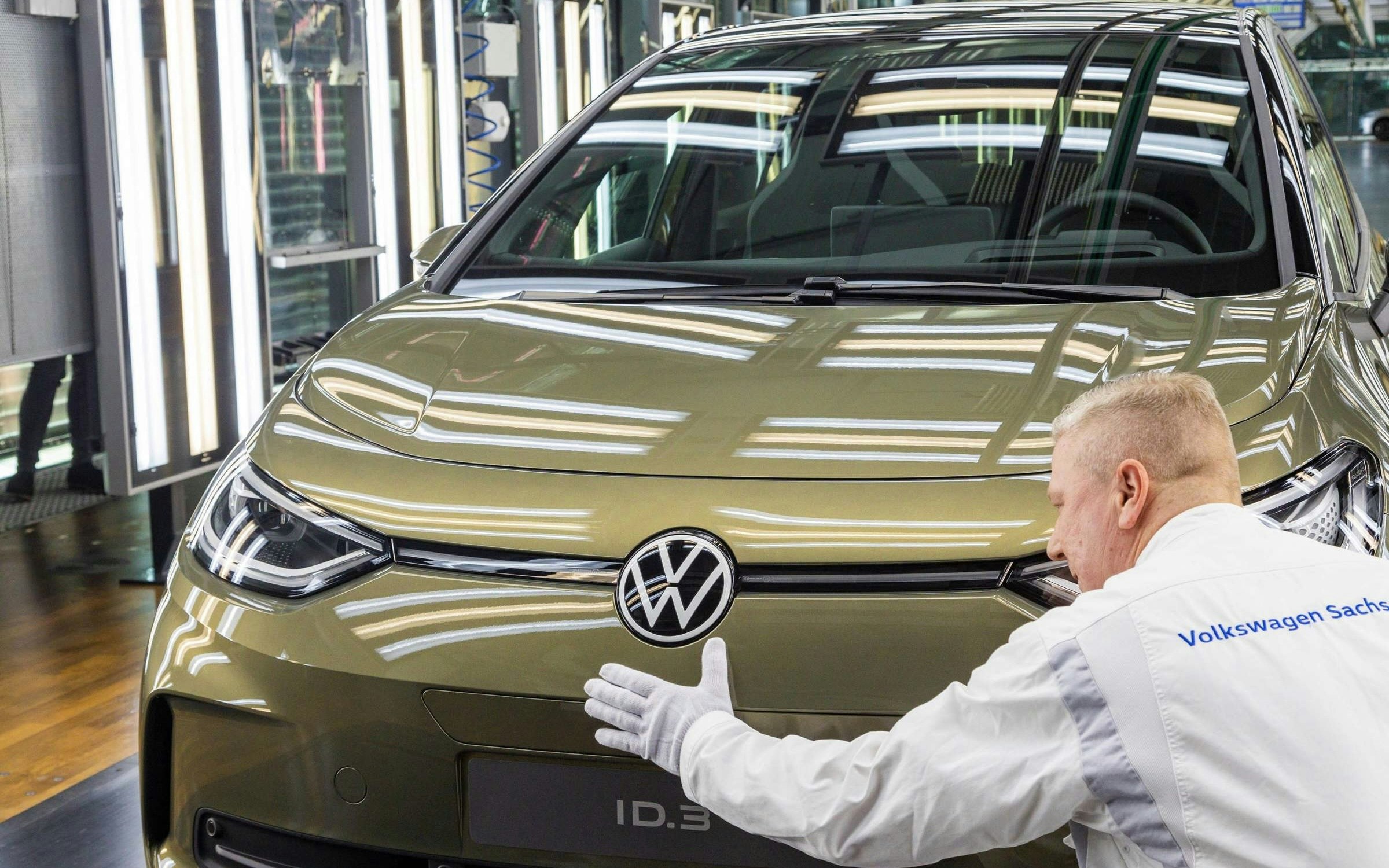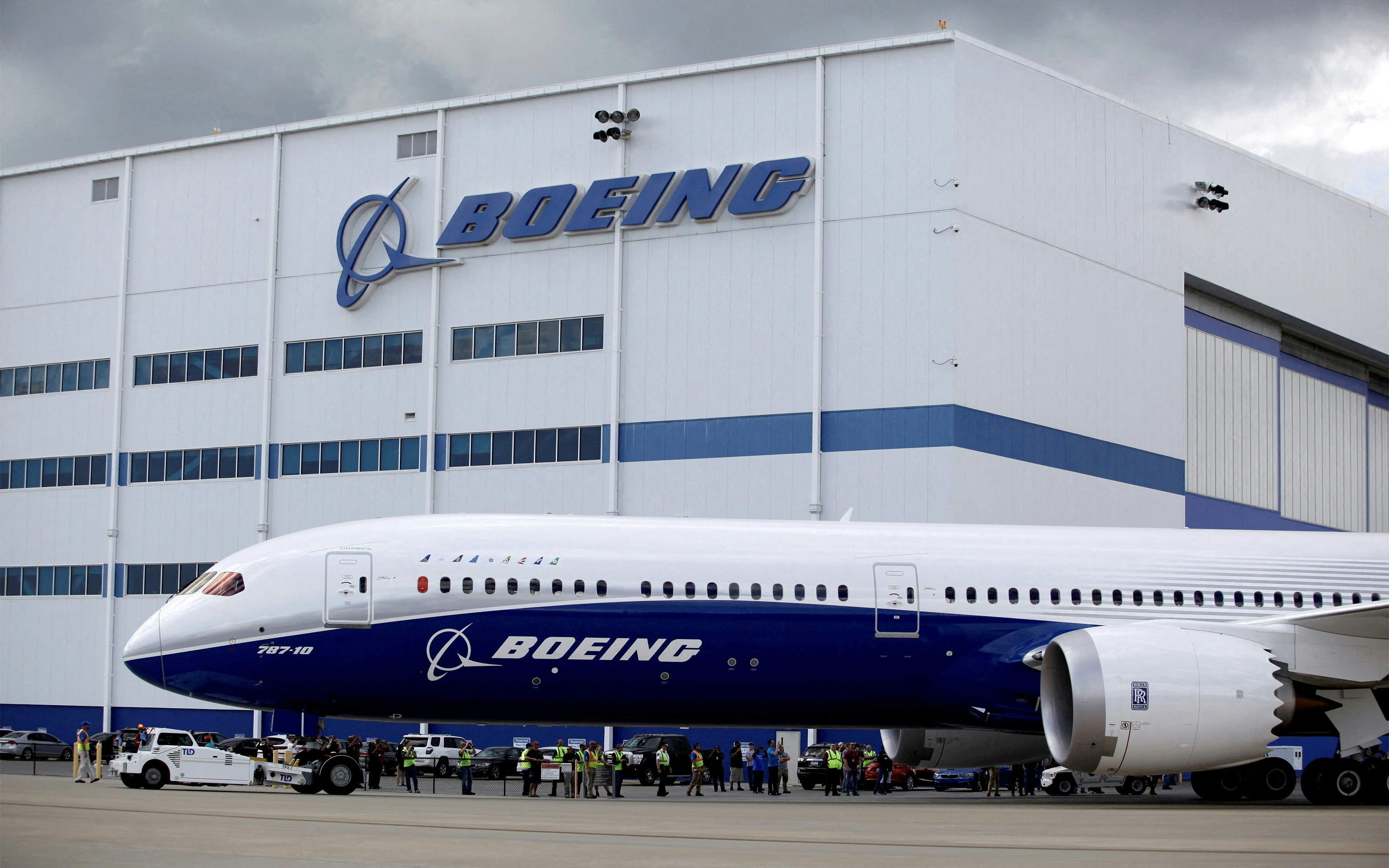Business
Volkswagen's Tough Times: Drastic Cost-Cutting Measures in Response to Weak Demand
The CFO says drastic cost-cutting measures are necessary due to weak demand in Europe.

Volkswagen is under pressure and feels compelled to make significant changes in the next one to two years in response to the decline in automotive demand in Europe. This was stated by CFO Arno Antlitz during a meeting with employees at the headquarters in Wolfsburg. The announcement comes at a time when VW plans to close factories in Germany, which is facing strong opposition from workers and politicians.
The German car manufacturers, facing a painful transition period to the era of electric vehicles, are struggling with lower than expected demand for EVs in Europe and a shrinking market share in China, their most profitable market.
We still have one year, maybe two years, to turn things around. But we must use this time," said Antlitz. VW expects to sell about 500,000 fewer cars annually in Europe than before the pandemic, which is equivalent to about two production plants.
The federal government, which recently abruptly ended its subsidies for electric vehicles, is discussing new tax incentives according to a government official. "The federal government is [determined] to implement concrete improvements to the framework conditions for e-mobility," the official said.
Chancellor Olaf Scholz has spoken with Volkswagen's leadership and the works council, emphasizing the significance of the challenges faced by the automaker and the industry in transitioning to electric vehicles.
The announcement by VW to close a factory in Germany for the first time in its 87-year history has caused an uproar. Particularly, the influential works council chairwoman Daniela Cavallo criticized the management for its handling of the company's notorious bureaucracy, which hinders the development of the right products and technologies.
The company's plans to implement drastic cost-saving measures have also prompted political resistance. Lower Saxony's Prime Minister Stephan Weil and Deputy Chancellor Robert Habeck emphasized VW's responsibility towards its 300,000 workers in the country. "The automotive industry is a cornerstone of Germany's industrial base and should remain so," said Habeck.
These developments highlight the profound changes necessary to keep the German automotive industry competitive in a rapidly changing global economic landscape.









